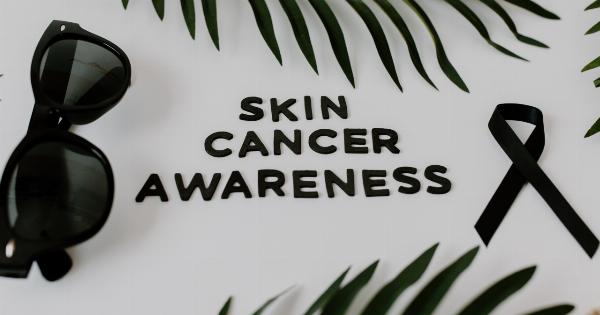Cholesterol has long been demonized as the cause of heart disease. However, new research suggests that it may play a surprising role in defending against cancer.
What is Cholesterol?
Cholesterol is a type of fat that is essential to our body. It is a crucial component of our cell membranes, and it is needed for the production of hormones like estrogen, progesterone, and testosterone.
While cholesterol is necessary for our body to function, too much of it can be harmful. High levels of cholesterol have been linked to an increased risk of heart disease.
The Link Between Cholesterol and Cancer
In recent years, researchers have discovered that cholesterol has a surprising link to cancer. In some cases, high levels of cholesterol have been associated with a decreased risk of certain types of cancer.
One study published in the journal Cancer Epidemiology, Biomarkers & Prevention found that men with higher levels of cholesterol had a lower risk of developing high-grade prostate cancer.
Similarly, a study in the Journal of Clinical Oncology found that women with high levels of cholesterol had a lower risk of developing breast cancer.
How Cholesterol May Protect Against Cancer
Researchers aren’t exactly sure why cholesterol may be protective against cancer. One theory is that it may help defend against damage to our DNA.
Cholesterol is a vital component of cell membranes, and it may help protect our cells from oxidative stress, which can damage our DNA and lead to cancer.
Another theory is that certain types of cholesterol may help stimulate our immune system to fight against cancer cells.
A study published in the Journal of Biological Chemistry found that LDL cholesterol, often referred to as “bad cholesterol,” may help activate immune cells called T-cells to attack cancer cells.
The Role of Statins
Statins are a type of medication that is commonly used to lower cholesterol levels. While they are primarily used to prevent heart disease, some studies have suggested that they may also have a protective effect against cancer.
One study published in the Journal of the National Cancer Institute found that people who took statins had a lower risk of developing colorectal cancer.
Another study published in the Journal of Clinical Oncology found that women who took statins had a lower risk of developing breast cancer.
While statins may have a protective effect against cancer, it’s important to note that the research is still in its early stages. More studies are needed to fully understand the relationship between statins and cancer prevention.
Conclusion
While cholesterol has long been associated with heart disease, new research suggests that it may play a surprising role in defending against cancer.
High levels of cholesterol have been linked to a decreased risk of certain types of cancer, and some studies have suggested that cholesterol may help protect our cells from DNA damage and stimulate our immune system to fight cancer cells. While the research is still in its early stages, these findings offer new hope in the fight against cancer.
























